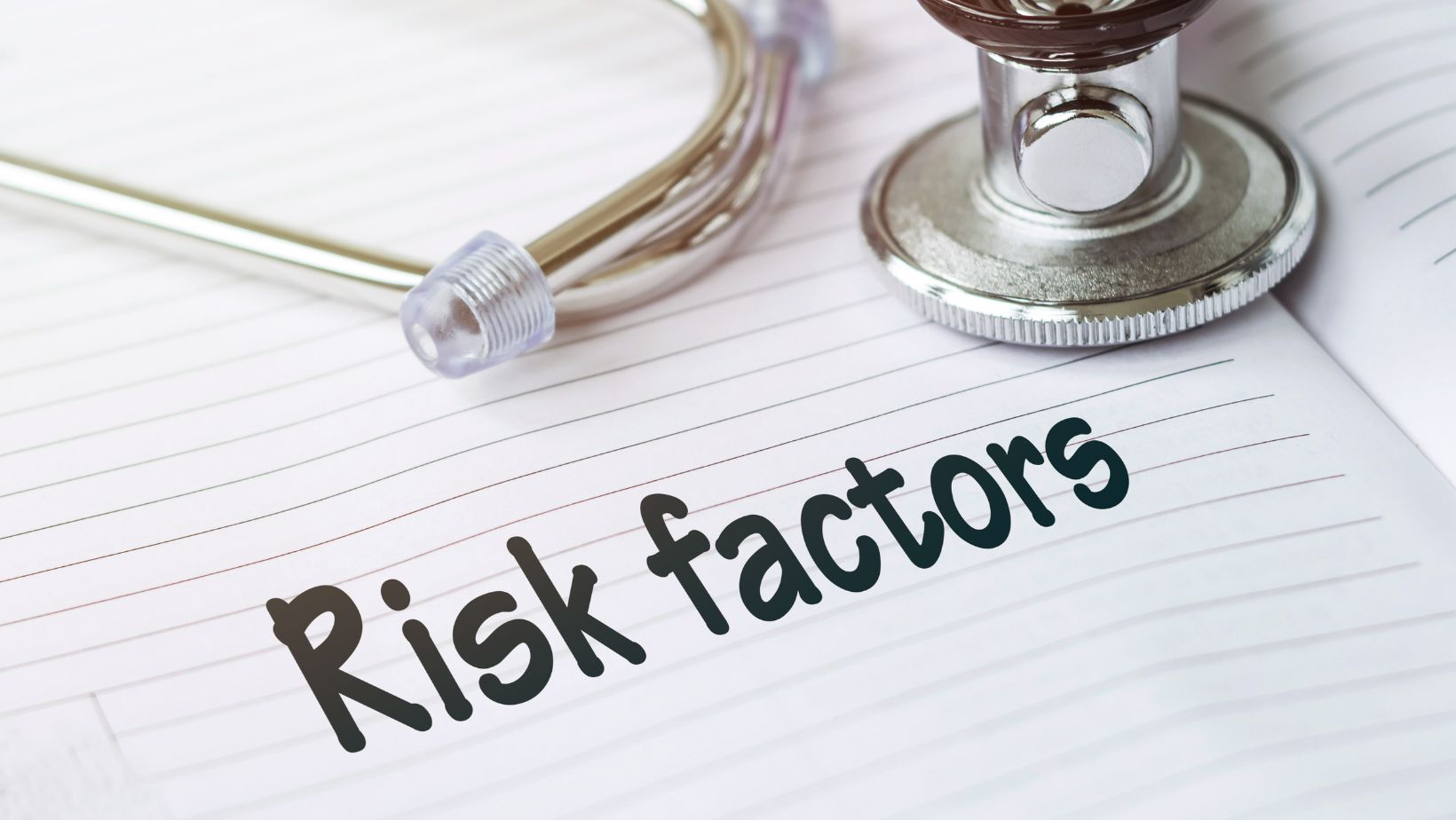The Danger of Mindless Eating
With the rise of fast-paced lives and endless distractions, mindless eating has become a common problem. So what are the dangers? First and foremost, it can lead to weight gain and obesity. When we consume food without paying attention, we’re more likely to eat beyond our body’s actual hunger needs.
Eating mindlessly doesn’t just influence our waistline, it can also impact our overall health and wellbeing. It’s linked with an increased risk of:
- Diabetes
- Heart disease
- High blood pressure
These are serious conditions that require medical attention. Increased caloric intake without the compensatory physical activity inherently leads to weight gain which can exacerbate these health issues.
Psychologically, mindless eating can lead to a disconnection from our food. We lose the opportunity to savor and fully enjoy what we’re eating. This lack of satisfaction can generate a cycle where we continually seek more food to fill a void that isn’t really about hunger.
Socially, the impact of mindless eating can also be damaging. In restaurants, at parties, or during family meals, we might continue to consume food simply because it’s available – even when we’re already full. This not only contributes to excessive calorie intake but can also lead to guilt and regret post-meal.
The danger of mindless eating is real and many-faceted. It goes beyond weight gain, reaching into our physical health, psychological wellbeing, and social interactions. In the next section we’ll address strategies to combat this pervasive issue. Don’t let mindless eating control your health, take back that control and promote healthier habits.
“Mindless Eating” is Most Likely to Cause You to
Let’s dig deeper and understand the various health consequences associated with mindless eating.
Weight Gain and Obesity
Here’s an important fact that often gets overlooked: mindless eating can lead to weight gain and obesity. When we’re not paying attention to what, how much, or when we’re eating, we tend to consume more than our body needs. Eating while distracted, grazing throughout the day, not tuning into our body’s hunger and fullness cues can all add up to extra calories.
As we know, excessive calorie consumption will eventually lead to weight gain if not counteracted with increased physical activity. The weight gain might seem insignificant initially, but over time, it accumulates and can lead to obesity—a condition that is associated with numerous health problems, including heart diseases and diabetes.
Nutritional Imbalances
Another adverse effect of mindless eating is the likelihood of Nutritional Imbalances. Often, foods that we consume mindlessly are high in fat, sugar, and salt content but low in essential nutrients like vitamins and minerals. Indulging in unhealthy snacks in front of the television or while working on the computer means we’re probably not getting the wide range of nutrients our bodies need to function optimally. This scenario may lead to deficiencies in vital nutrients, ultimately affecting our energy levels, immune function, and overall wellbeing.
The Psychological Factors Behind Mindless Eating
In this section, we delve into the psychological factors that fuel mindless eating. Recognizing these elements is a step up in combating overeating and achieving a healthier lifestyle.
Emotional Eating
We often turn to food for comfort, stress relief, or as a reward. This is where emotional eating comes in. The problem is when we allow our emotions to dictate our eating habits rather than physical cues of hunger. Comfort food often leans on the unhealthy side, typically high in sugar, fat, and calories. Emotional eating can, therefore, lead to weight gain and nutritional imbalances.
Habitual Eating
Another factor behind mindless eating is our ingrained habits. Habitual eating includes munching on popcorn during a movie or snacking in front of the computer, oblivious to how much we’re consuming. Even our serving sizes could be habitual. It’s quite possible to serve ourselves more than what our bodies require just because we’re used to that amount.
Environmental Triggers
Finally, our environment also influences our eating habits. This includes everything from the size of our plates, the accessibility of snacks, to social influences like party settings. Larger plates can unintentionally encourage larger servings. Easily accessible snacks may lead to constant nibbling even when not hungry. Meanwhile, social influences could lead to eating more than usual due to peer pressure or the desire to fit in.
Identifying and understanding these psychological factors is crucial. Armed with this knowledge, we can recognize our triggers and consciously make healthier choices. By anticipating these situations and planning our responses in advance, we set ourselves up for success in maintaining a healthy diet, ultimately avoiding mindless eating pitfalls. Overall, adjusting our relationship with food is pivotal in creating a balanced eating habit and promoting our overall wellbeing.


